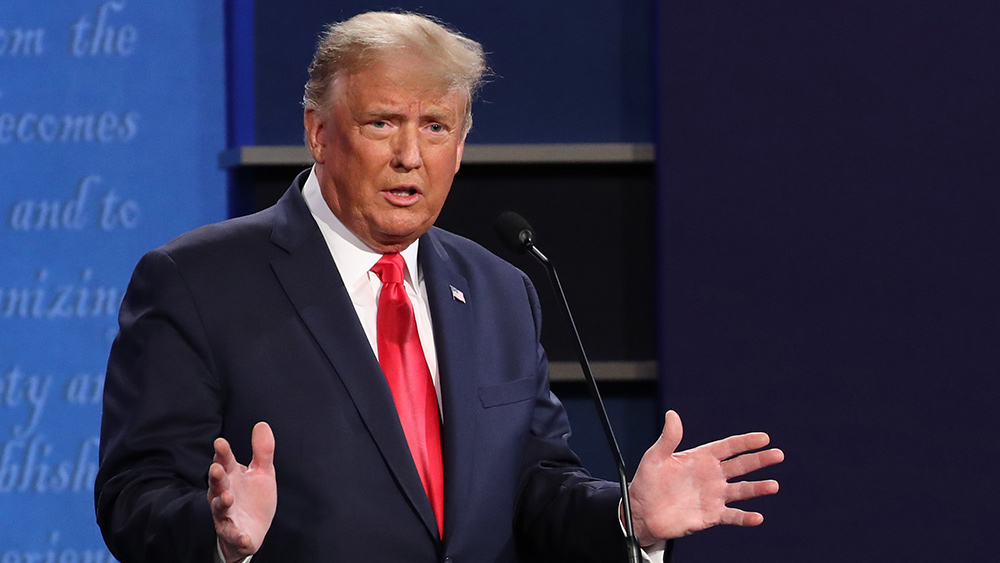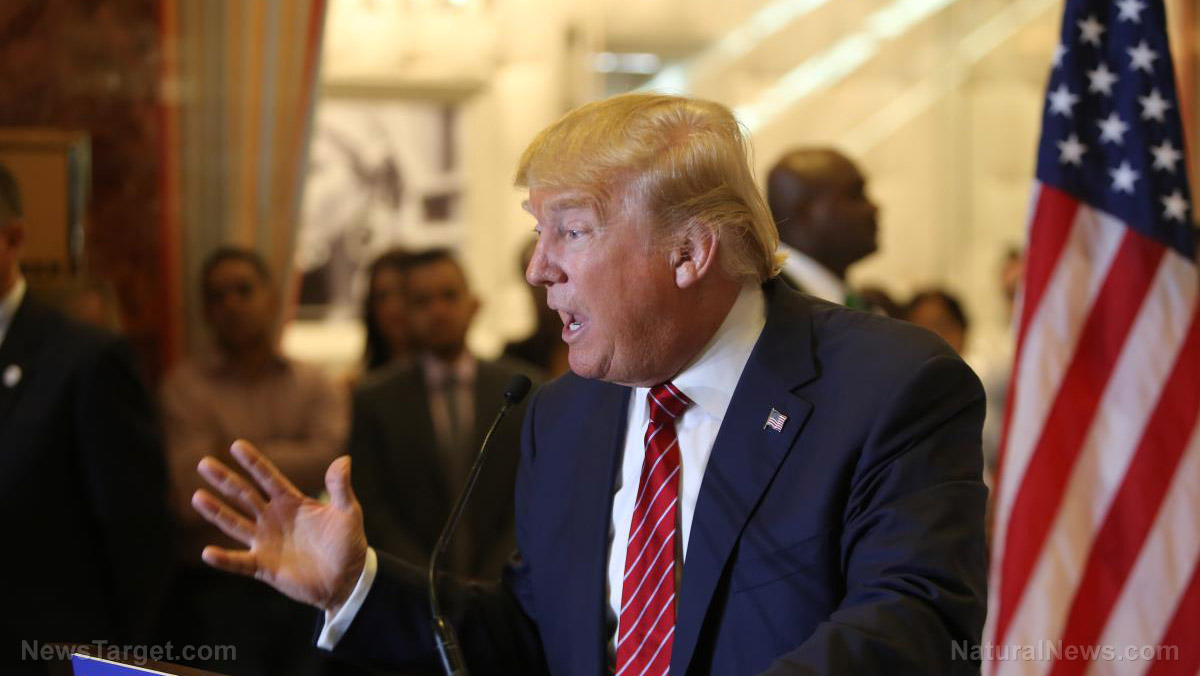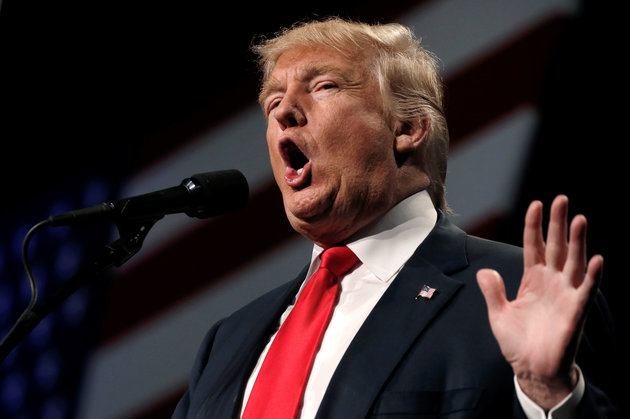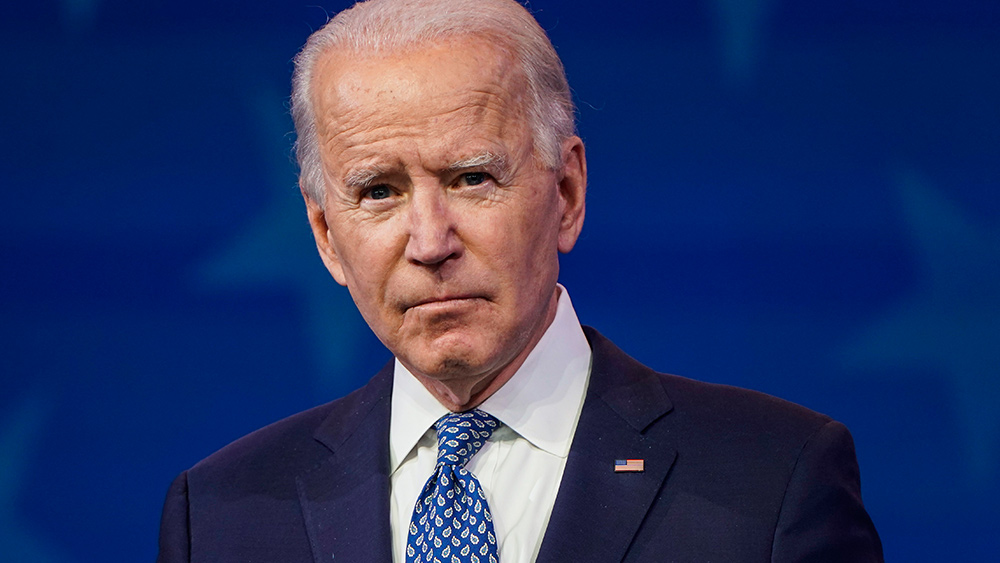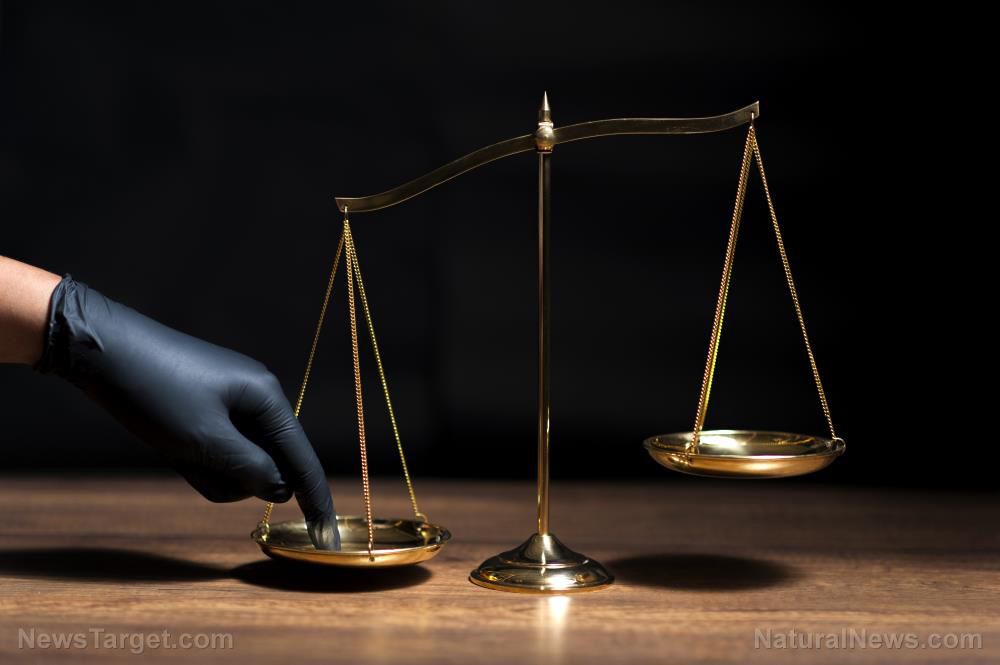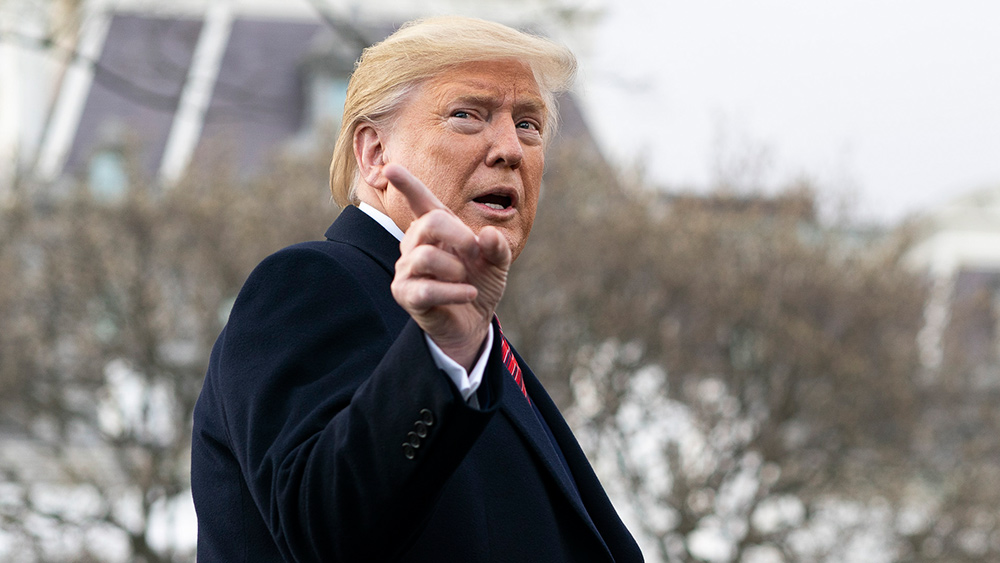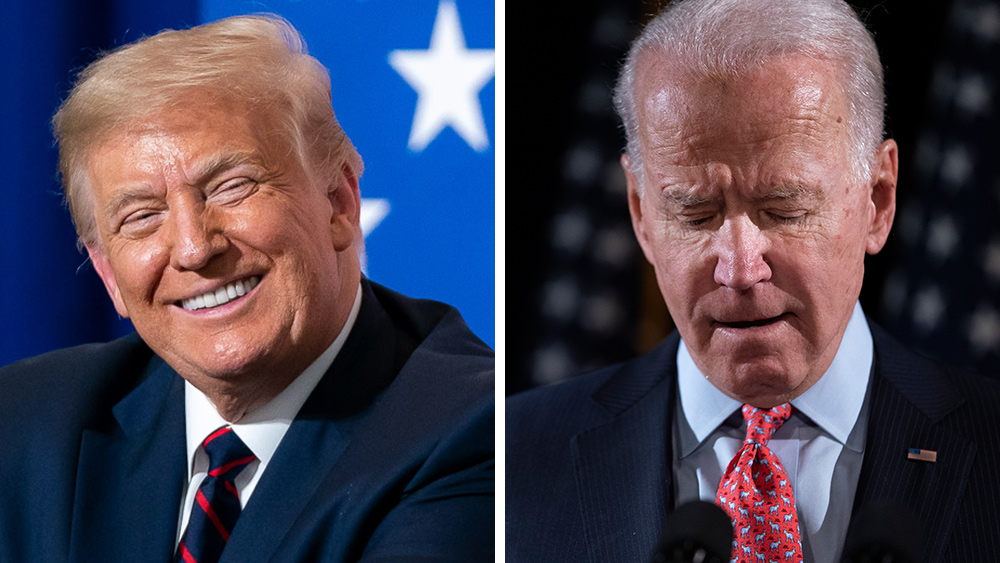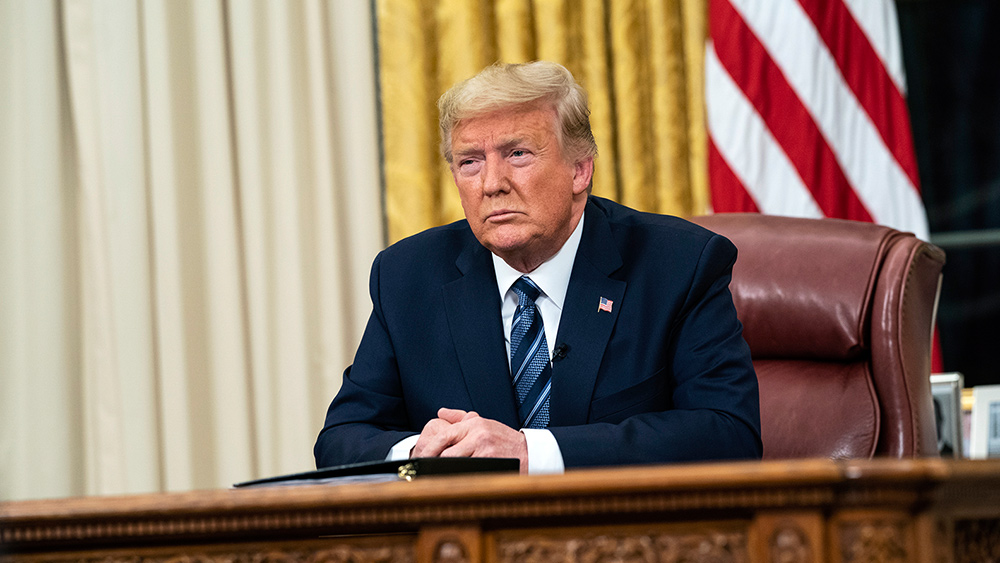Prosecutors reject Trump’s request for 2026 trial in federal election case
08/22/2023 / By Cassie B.

A request made by lawyers for former President Donald Trump to postpone the trial for his federal election case until 2026 has been roundly rejected by federal prosecutors.
Trump, who is currently considered the front runner for the Republican ticket in the next presidential election, sought to have the trial moved to April 2026, making it fall well after the election in November 2024. He is facing federal charges that he attempted to overturn his election loss in 2020 to Joe Biden, and much of the case is related to the events that took place on January 6, 2021.
The move came after U.S. Special Counsel Jack Smith requested a trial start date of January 2, 2024, which is just two weeks before the first 2024 Republican presidential primaries will be held. Jury selection would begin on December 11, and they estimated the trial would take around six weeks.
Not surprisingly, Smith’s team rejected the request from Trump’s team to hold the trial in 2026, saying that such a move would “deny the public its right to a speedy trial.”
His team also claimed that the proposal had been based on misleading statistics and Trump’s team exaggerated the amount of evidence that needed to be studied to prepare for the case.
For example, attorneys for Trump noted that conspiracy cases normally take around 29.4 months to reach a conclusion. However, Senior Assistant Special Counsel to Jack Smith, Molly Gaston, said that this time frame includes the time between trial and sentencing, which may take several months. Moreover, she said these statistics were based on cases that took place between September 2021 and October 2022, when only 22 such cases went to trial throughout the country as the world grappled with the pandemic.
Another reason cited by Trump’s defense attorneys for needing more time is the slew of files that must be reviewed to prepare for the trial. Earlier this month, they received 11.5 million pages and files from prosecutors, and a further 600,000 pages were delivered this past weekend.
Trump’s team wrote: “[O]rdinary order when faced with such overwhelming discovery is to set a reasonable trial schedule, commensurate with the size and scope of discovery and complexity of the legal issues.”
However, Gaston maintains that Trump already had access to around 3 million of these pages and files, and he has access to several hundred thousand more pages as a former president through the National Archives.
Prosecutors insist Trump’s team can review documents electronically
In addition, prosecutors claim that it will not take as much time to go through this material as Trump’s lawyers claim because they can use electronic methods to assess them. They said that his lawyers made a “faulty assertion” that they will need to review the evidence on a page-by-page basis.
They said: “But the defendant can, should, and apparently will adopt the benefits of electronic review to reduce the volume of material needed to be searched and manually reviewed.”
The prosecutors wrote: “Here, the Government has organized and produced materials in a manner designed to ease and expedite the defendant’s review and search, which allows for trial to proceed as the Government has proposed.”
They added that Trump has already seen or created a lot of the evidence in this case. For example, some are his own tweets that he published during his presidency, while others were initially produced while he was president.
At a hearing scheduled for next Monday, U.S. District Judge Tonya Chutkan is expected to schedule an official trial date.
Sources for this article include:
Submit a correction >>
Tagged Under:
big government, conspiracy, corruption, cry bullies, deception, democrats, Donald Trump, election, fascism, left cult, outrage, rigged, Suppressed, Tyranny
This article may contain statements that reflect the opinion of the author
RECENT NEWS & ARTICLES
Trump.News is a fact-based public education website published by Trump News Features, LLC.
All content copyright © 2018 by Trump News Features, LLC.
Contact Us with Tips or Corrections
All trademarks, registered trademarks and servicemarks mentioned on this site are the property of their respective owners.


